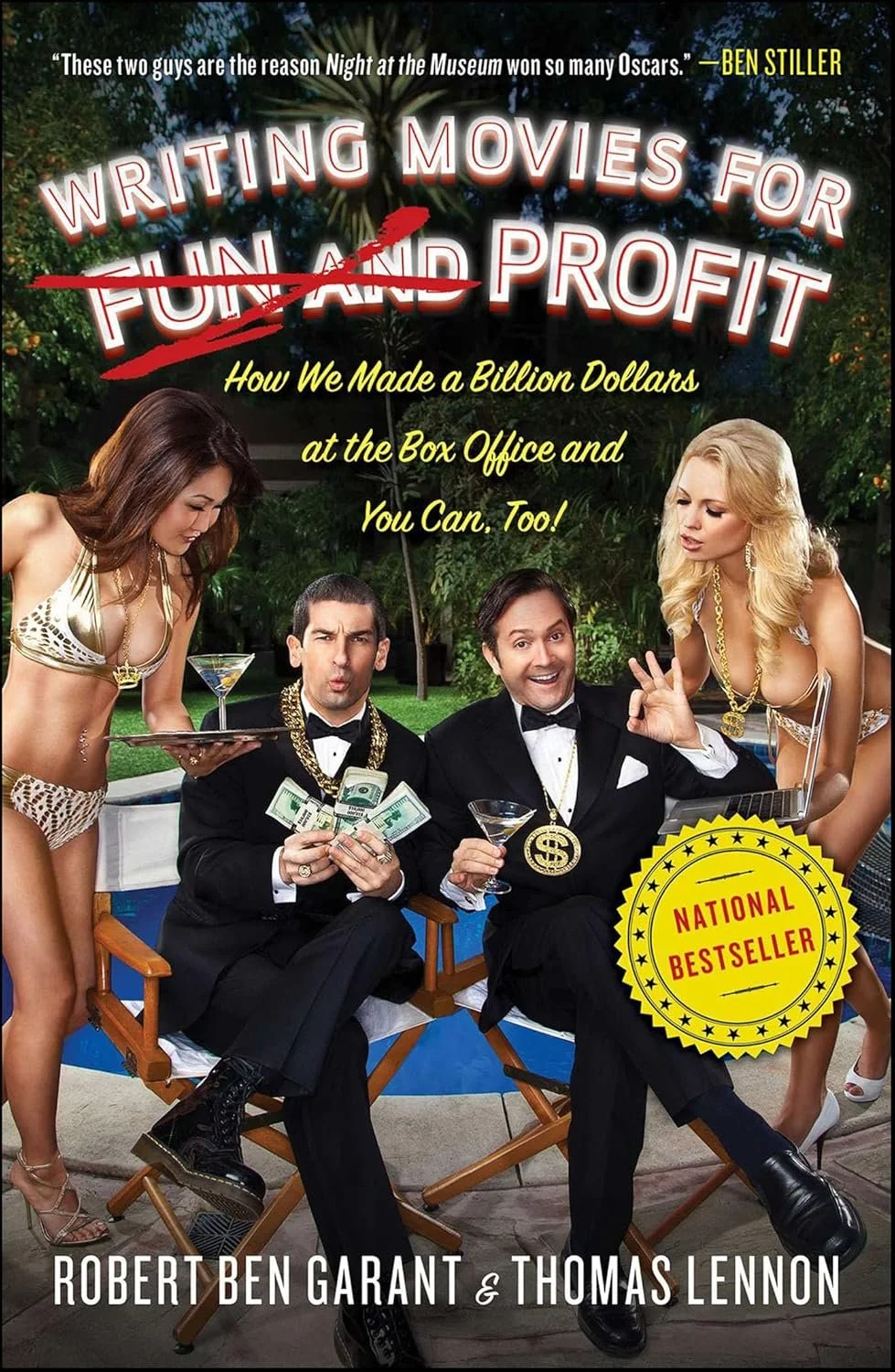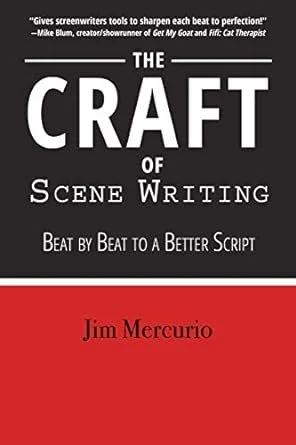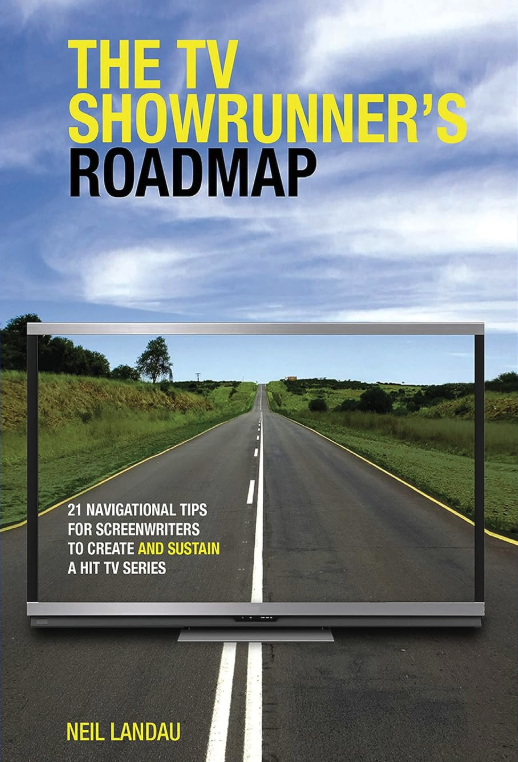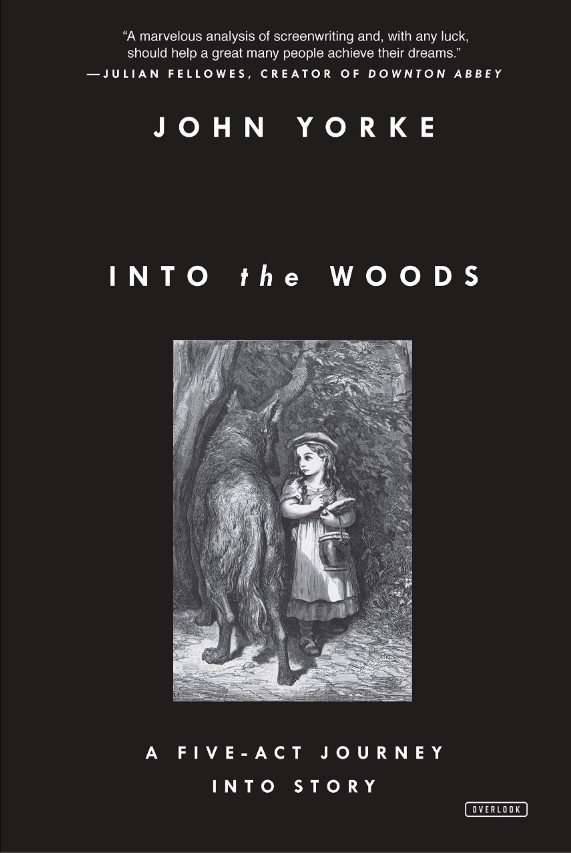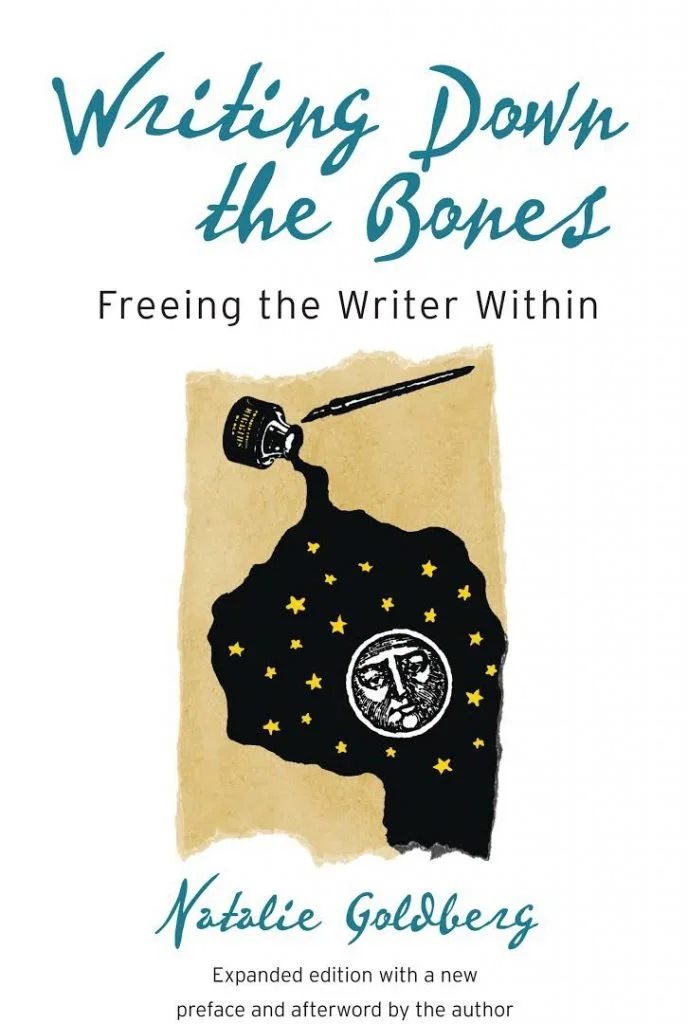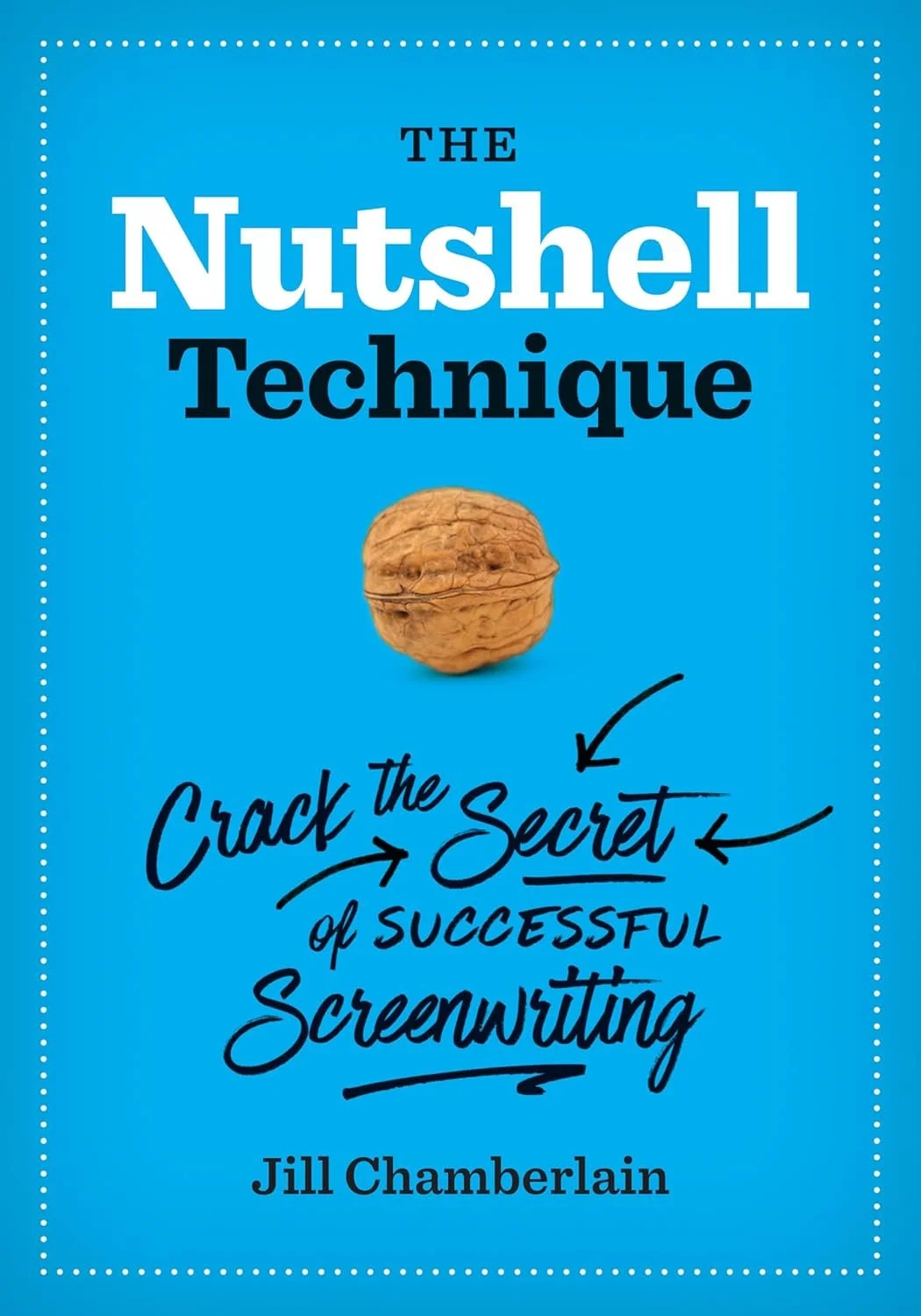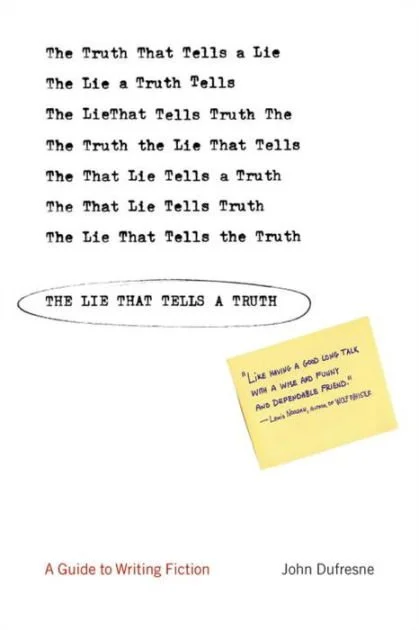Must you “Save the Cat”?
Eight screenwriters weigh in on what books about storytelling inspire them.
This post isn’t meant to be a direct dig Blake Snyder’s ubiquitous screenwriting advice book, Save the Cat, or its predecessor, Syd Field’s Screenplay. But it may be a saucy little dig at the many, well-meaning people who over-learn the lessons they contain, and it’s certainly a suggestion to expand your horizons.
When I was first trying to wrap my adolescent mind around the craft, I personally struggled with the proscriptive absolutes in both books. Maybe it’s my natural disinclination towards authority figures, but I also think it’s easy to spot an amateur by their parroting of strict, sometimes arbitrary rules. (I once had an actor tell me a script was “weak” because it included adverbs. It didn’t give the room confidence that her read was well informed.)
So I reached out to some writers whose opinions I trust to get their recommendations for the books that serious writers take seriously, and I’m sharing them here in no particular order. (I even sneaked in a couple of my own.) If you read broadly and with curiosity, you may miss out on some “rules,” but you’ll tell more interesting stories, and with greater ease and deeper meaning. — Liz
Adventures in the Screen Trade: A Personal View of Hollywood and Screenwriting by William Goldman
“Nobody knows anything.” This is a great book on Hollywood, its history, and trying to navigate it all as a screenwriter. It’s human, open-hearted, and down to earth. It made me feel less alone when I first got out to LA and started working. It gave me my feet back again.
— Daniel Talbott (Midday Black Midnight Blue, The Conners)
On Writing: A Memoir of the Craft by Stephen King
Writing is writing whether novels or screenplays. Yes, it’s art, but it’s also a craft and King does an incredible job breaking down the importance of both in a folksy/prosy way like only he can. With tips for everything from how to arrange your writing space to how to conquer writer’s block, On Writing is a must-read for any aspiring writer.
— Jonny Gomez (This is Us)
Story: Substance, Structure, Style, and the Principles of Screenwriting by Robert McKee
As far as the craft of storytelling can be condensed into a single book, McKee’s done it here.
— Jessica Chou (The Boys, Gen V)
Making Movies for Fun and Profit: How We Made a Billion Dollars at the Box Office and You Can, Too! by Robert Ben Garant & Thomas Lennon
— Jonny Gomez (This is Us, Sugar)
Bambi vs. Godzilla: On the Nature, Purpose, and Practice of the Movie Business by David Mamet
— Liz Ellis (The Madness, Sky: The Two Embers)
The Craft of Scene Writing: Beat by Beat to a Better Script by Jim Mercurio
This is an amazing book to read after you’ve written your first draft and digging into the hard work of your revision. Especially his chapters on reversals and dilemma. This book helps take your craft to the next level.
— Cheryl Cain (Firefly, Roswell)
A Swim in a Pond in the Rain: In Which Four Russians Give a Master Class on Writing, Reading, and Life by George Saunders
The most beautiful distillation of what makes a story feel like a story. He spends a lot of time asking the question: "Why are you bothering to tell me this?" (Which is something every screenwriter needs to know.)
— Karrie Crouse (Hold Your Breath, Westworld)
The Writer's Journey: Mythic Structure for Writers by Christopher Vogler
If you love heroic journeys and adventure stories, then this is the book for you. It’s easy to read and digest with a lot of examples and lays out the three act story structure in easy-to-understand segments as it guides you how to write a compelling mythic story whether a fantasy, a comedy or even a drama.
— Cheryl Cain (Firefly, Roswell)
The TV Showrunner’s Roadmap: 21 Navigational Tips for Screenwriters to Create and Sustain a Hit TV Series by Neil Landau
Fun and informative. A book you can read for business and for pleasure.
— Ariel Levine (Better Call Saul, Lucky)
Into the Woods: A Five-Act Journey into Story by John Yorke
Ultimately, Yorke does suggest five act structure as a lovely way to approach things, but only after thoroughly and instructively examining the other options and never with any kind of edicts suggesting any one way is the only way to succeed. He thoroughly dismisses the idea that precision within any template is advisable, with which I agree wholeheartedly, and which can be freeing for less experienced writers to hear. You come away with realistic expectations and a deep understanding of why and how the various formulas work or don’t.
— Liz Ellis (The Madness, Sky: The Two Embers)
Writing Down the Bones: Freeing the Writer Within by Natalie Goldberg
Learning to be a good writer and storyteller is a process that looks different for everyone, but for me, this book was invaluable by helping me feel freer to get things down on the page without the inner critic getting in the way.
— Michael Ian Walker (Long Slow Exhale)
The Nutshell Technique: Crack the Secret of Successful Screenwriting by Jill Chamberlain
This is a great tool to make sure you have the spine of your story (aka your character’s journey and how it relates to the plot) nailed down. And she pushes you to get it all onto one page so it’s easy to refer back to as you write.
— Cheryl Cain (Firefly, Roswell)
The Lie That Tells A Truth: A Guide to Writing Fiction by John Dufresne
— Jessica Chou (The Boys, Gen V)



